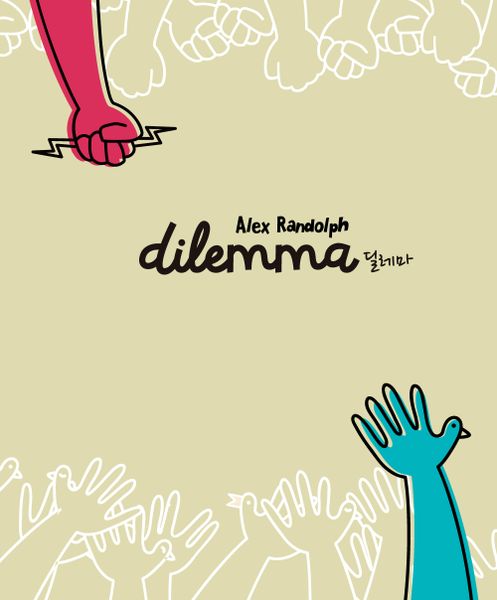Dilemma (2000) Board Game
Dilemma is a board game released in 2000 by F.X. Schmid, designed by Alex Randolph and illustrated by Paul Dawiz. It falls under the category of Action/Dexterity and Card Game, suitable for players aged 10 and above. The game involves players navigating through moral dilemmas and making tough decisions, hence the name “Dilemma.”
Game Components of Dilemma
How To Setup Dilemma
To set up the game, players select a theme for the dilemma cards and distribute the step-by-step cards according to the players’ knowledge level. Each player chooses a token and places it at the starting point on the board. The instructor or moderator prepares the dilemma cards and step-by-step cards for the game session.
Gameplay Mechanics and Game Objective
Player Experience
The game is designed to be played repetitively, allowing students to learn through repetition and develop critical thinking and debate skills. Players engage in constructive debates, learn about sustainability, and practice arguing for different positions. The game encourages an open discussion atmosphere and helps students respect different views and values.
Pros
Cons
Personal Thoughts on Dilemma
This game is ideal for students, particularly those in high school or early university levels, who are interested in sustainability and want to develop their critical thinking and debate skills. It is a valuable tool for educators looking to incorporate interactive learning methods into their curriculum. However, it may not be the best fit for those seeking a light-hearted or quick board game experience.
We are supported by our audience. When you purchase through links on our site, we may earn an affiliate commission, at no extra cost for you. Learn more.

